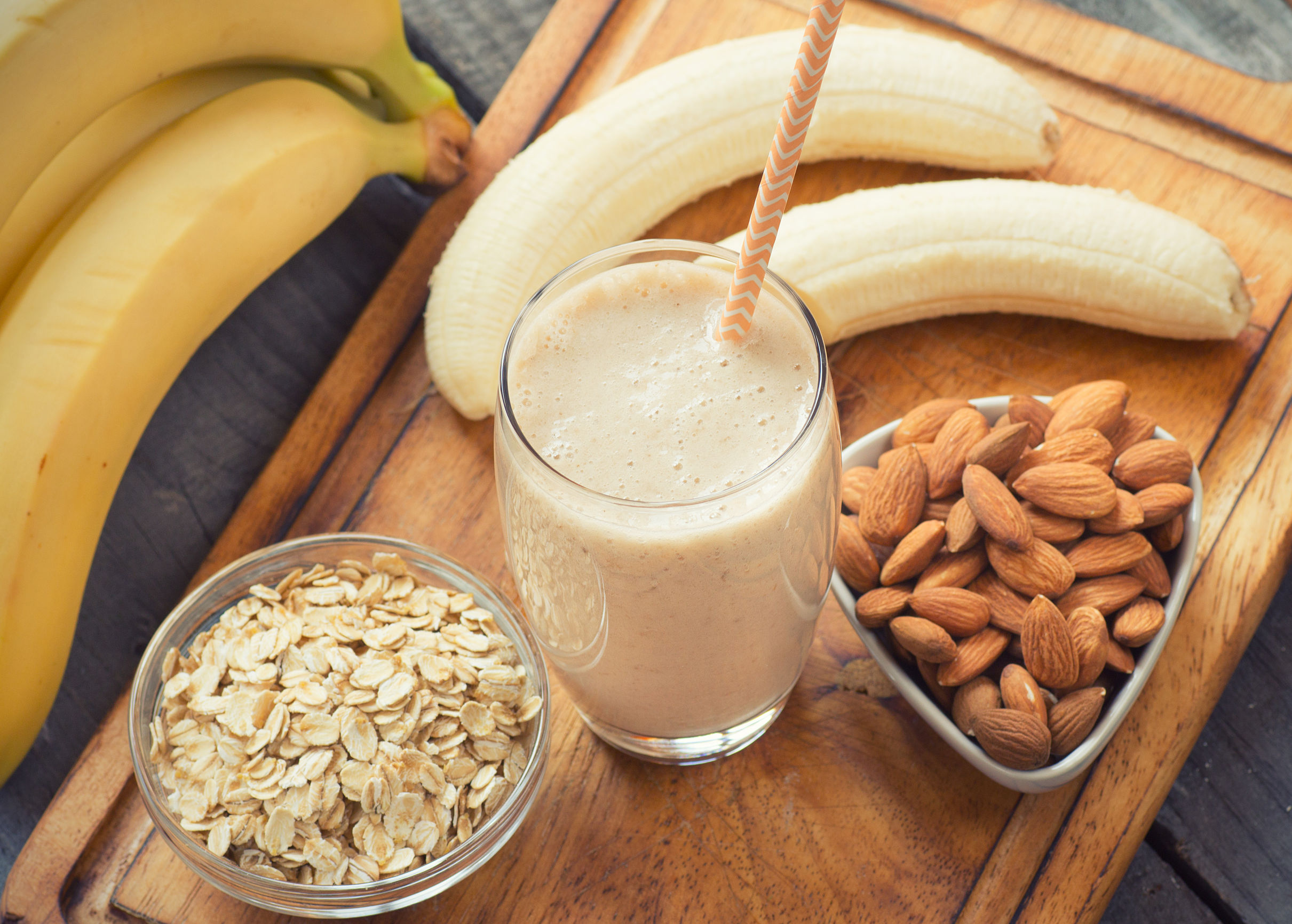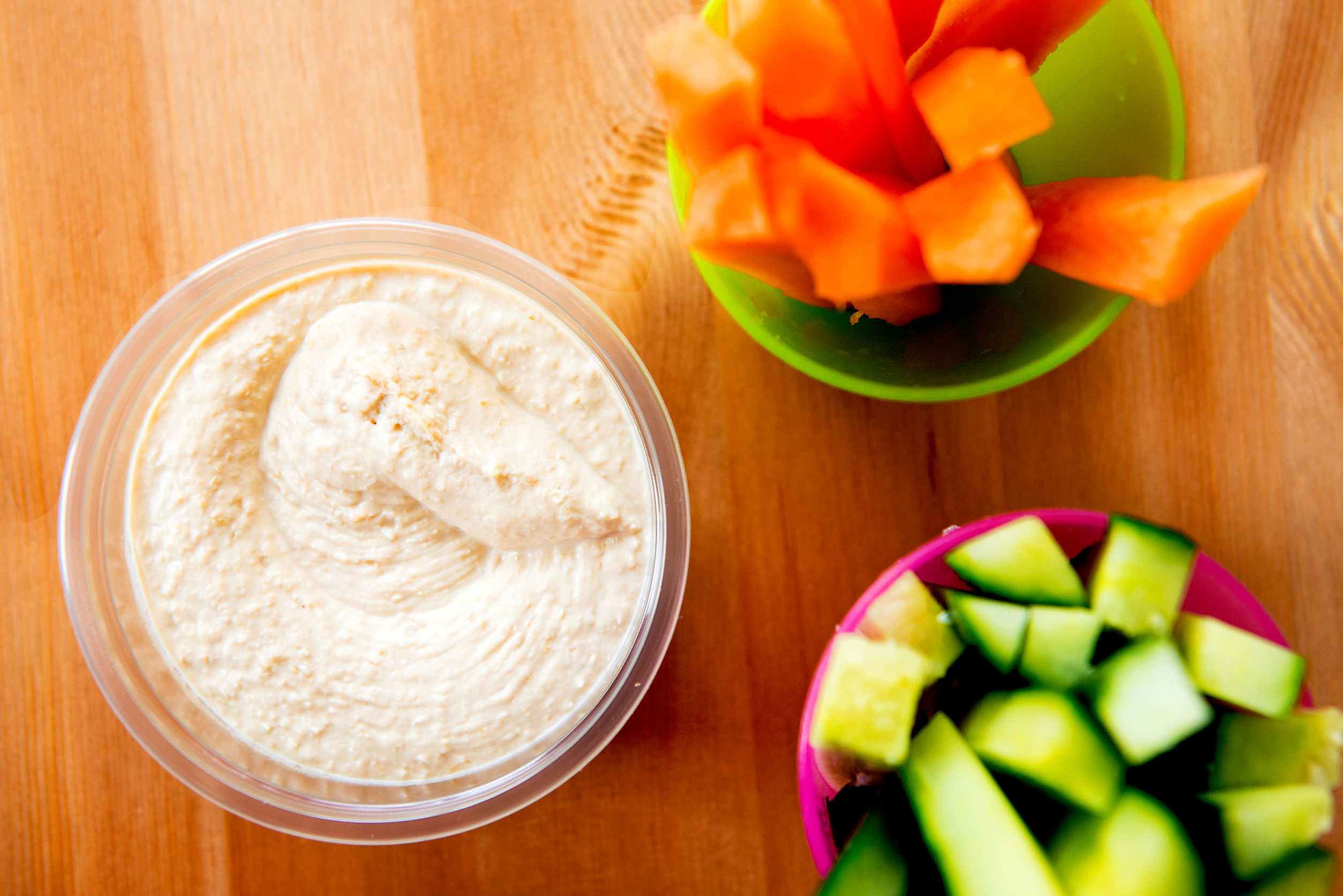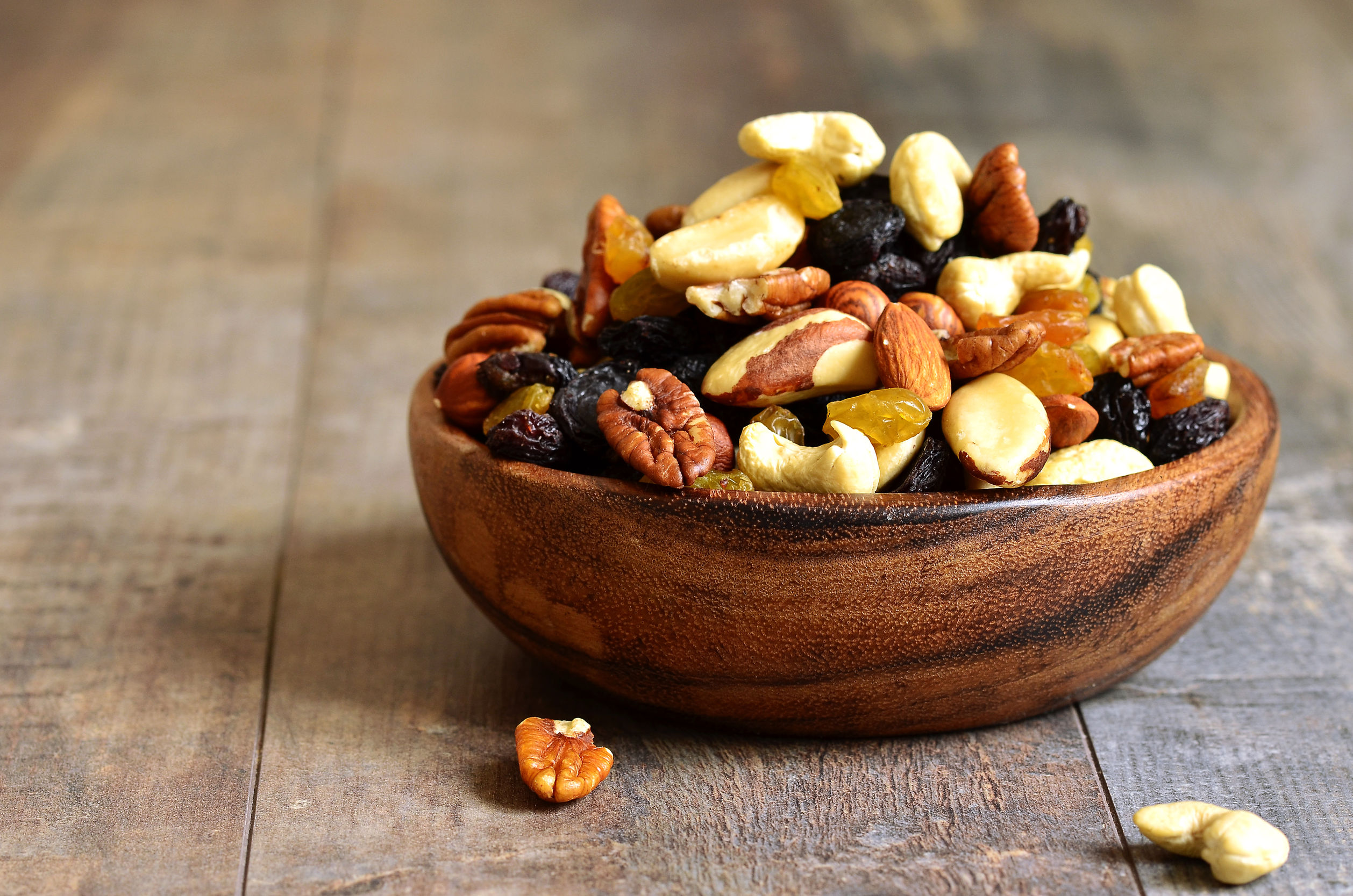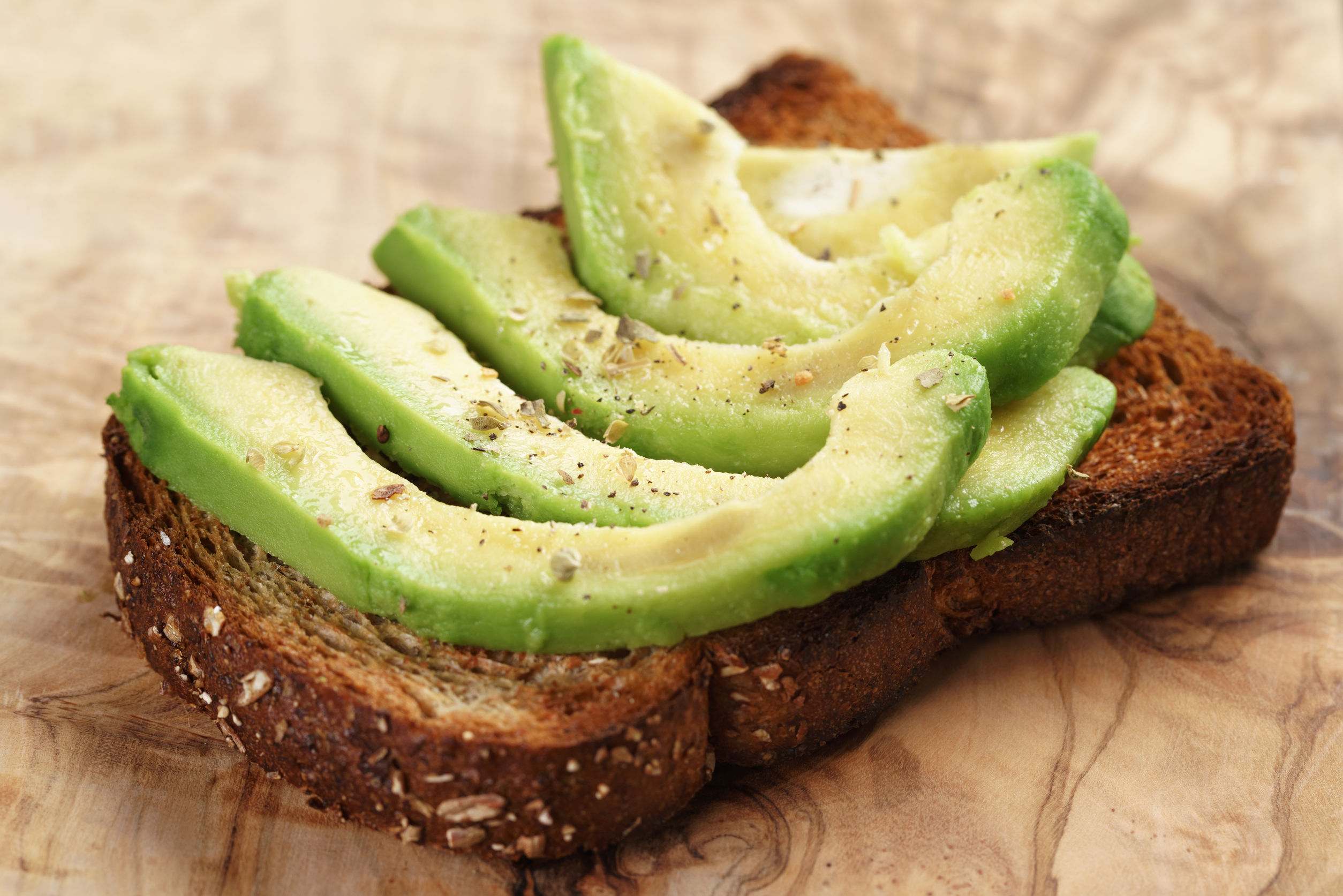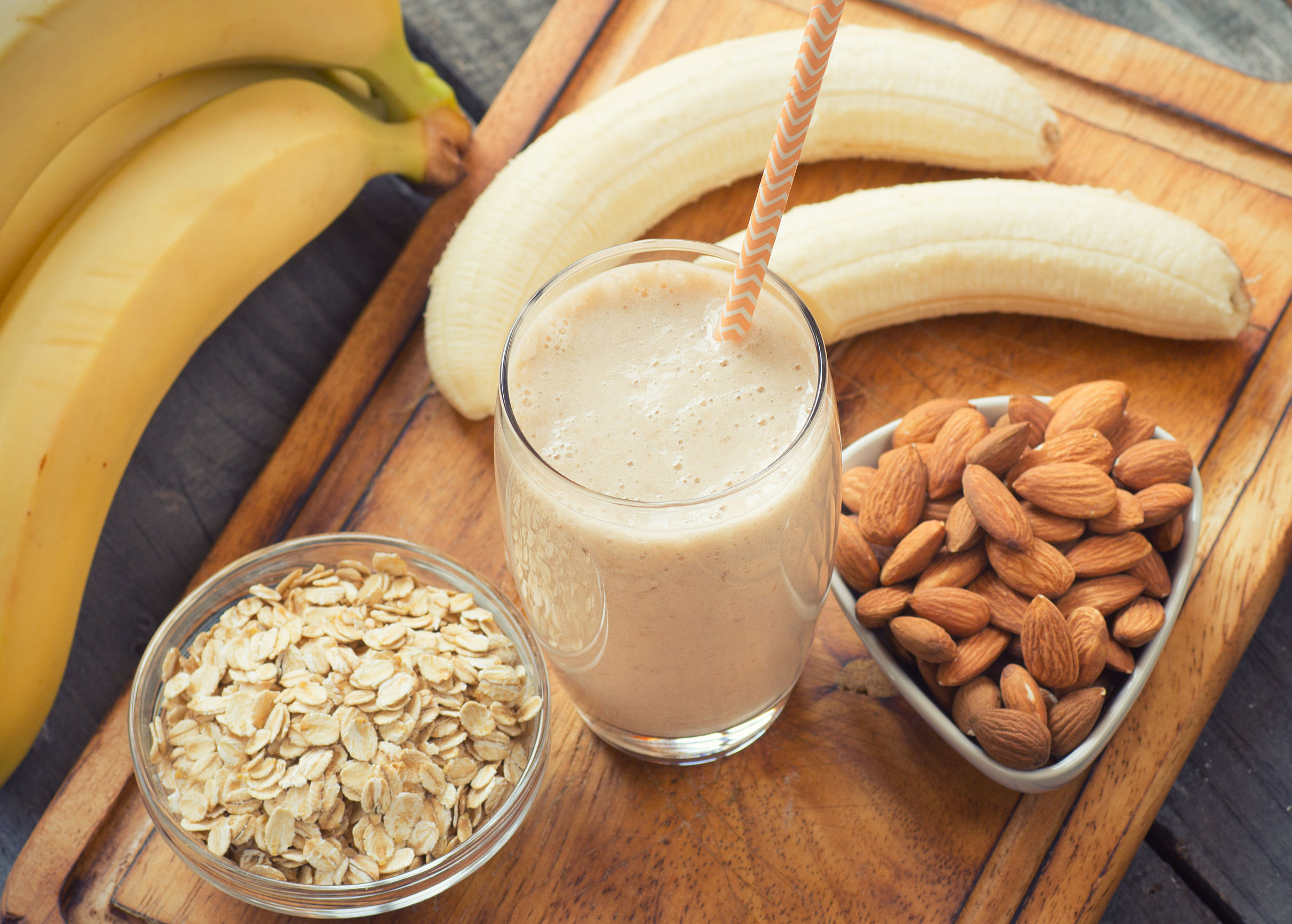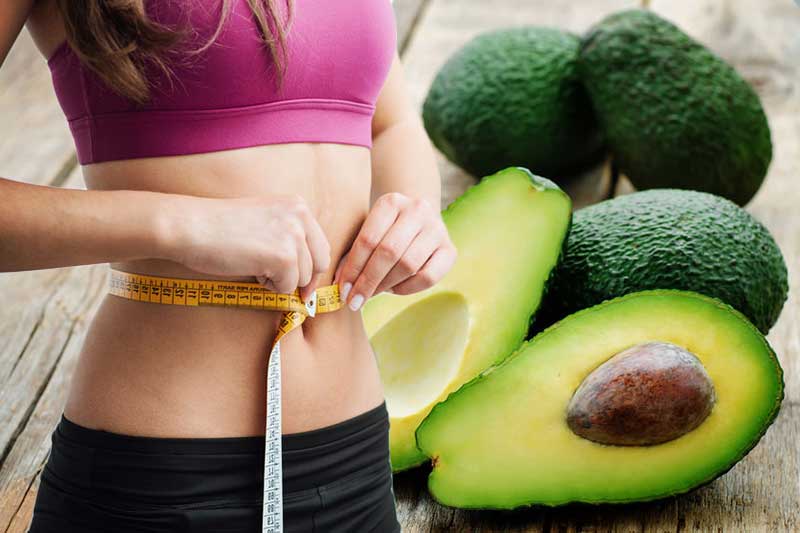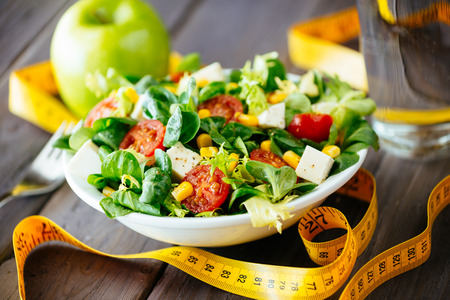Common mistakes when exercising...
Are you getting the most out of your exercise?
THE PLATEAU
How often do you push yourself when you are working out? When was the last time you changed your routine?
If you want your body shape to change or you want to become fitter sticking to the same old routine will get you nowhere fast. Mix things up and push yourself every time you workout.
If you are running the same distance or time and sticking to the same pace try to increase that distance or time and try adding some interval work into your routine. If you only run indoors on a treadmill brave the outdoors which will give your muscles more resistance making you work harder.
If you want to change your body shape or to increase your strength then a progressive resistance (weights) program is the way to go. Depending on the frequency of your training we recommend that you change your program every 4 to 6 weeks. Exhaust your strength program by increasing the resistance (weight) wherever possible, if you are lifting the same weight after 4 to 6 weeks you are not going to get the results you are after.
INCORRECT TECHNIQUE
If you are unsure on how to perform an exercise winging it is probably not the best course of action!
Incorrect technique (bad form) will put you at a greater risk of injury and you will not get the benefit from the exercise you are attempting to perform. Usually if an exercise doesn’t feel right or is causing you pain or discomfort it is more than likely being performed incorrectly, if you are unsure about an exercise always seek advice first.
Posture plays a big roll when exercising, performing postural corrective exercises will help prevent injury and will help your body perform to it’s best ability. Try to include these as part of your workout routine whenever you can.
NOT HAVING A GOAL
For you to succeed when exercising it is important to set yourself a goal, without incentive you will quickly lose interest and plateau. Set yourself a realistic target, it is easy to get disheartened when the bar is set too high.
Give yourself enough time, it can take up 12 weeks for you to see a noticeable change in your body when losing weight and changing your body shape.
THE WRONG WORKOUT
Your workout should be specific to you and your individual goals if not then how are you going to get the results you set out to achieve?
Training with a partner or a friend can have its benefits, it can increase motivation and help to push you harder, that being said if you do not have the same goals it will not get you to where you want to be.
What works for someone else doesn’t necessarily mean it will work for you, there are many different factors that you need to take into consideration when undergoing a workout including gender, genetics, weight, activity levels, injuries to name a few.
Treat yourself as an individual (that is what you are, after all!), your workout should be bespoke to you and your goals, no one else.
OVER TRAINING
The more you train, the stronger and fitter you become, right?
Yes, upping your exercise and becoming more active is a good thing but too much stress on your body and not enough rest can have the opposite effect.
Exercising too much without sufficient rest can have a detrimental effect on your body leaving you open to a risk of injury and may stop you reaching your goals. Our bodies need to recover in order for them to adapt and for you to get the results you are working towards. Make sure you are having at least one rest day (no exercise) and try to space out your workouts to give your body time to recover.
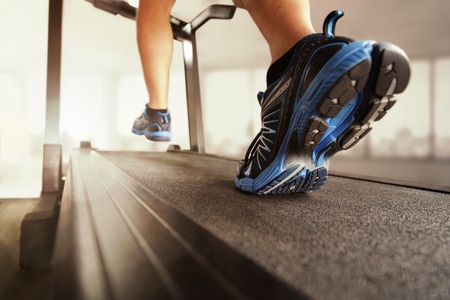
At Functional Training Collective we are here to educate you and to show you the best ways to exercise in order for you to succeed and get the results you are looking for. Together, we achieve more.
Copyright : CathyYeulet / 123RF STOCK PHOTO
Copyright : Brian Jackson / 123RF STOCK PHOTO

